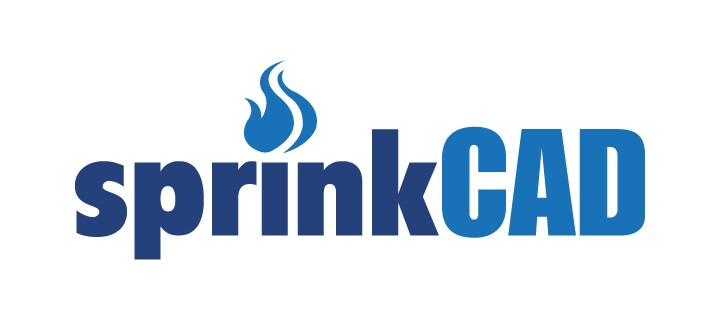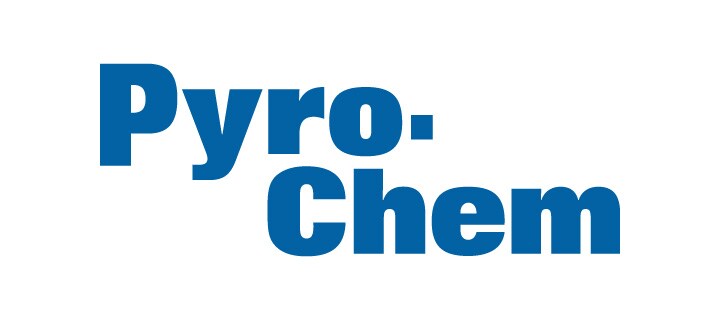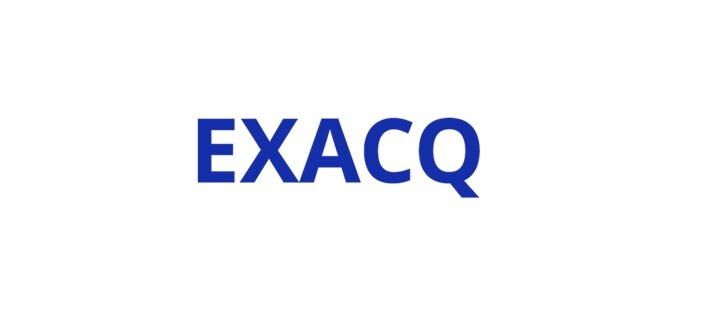Great British Energy to Cut Bills for NHS Hospitals and Schools
The UK Department for Energy Security and Net Zero has recently announced a landmark £180 million funding initiative from Great British Energy, aimed at powering community clean energy projects across the UK. This significant investment is set to revolutionise the energy landscape, presenting unique opportunities for the NHS and education authorities to embrace sustainable practices and reduce their carbon footprints.
Great British Energy: Pioneering Clean Energy
Great British Energy (GBE) is a publicly owned energy company, formed in March 2025 that is backed with over £8.3 billion over the term of the current parliament.
GBE's mission is to:
- Increase Energy Independence: Reduce the country's reliance on imported fossil fuels and improve our energy security.
- Reduce Greenhouse Gas Emissions: Decarbonise the UK's electricity grid by 2030.
- Create Jobs: Support the UK's economy by creating new opportunities within the decarbonisation sector.
- Lower Energy Bills: Benefit UK organisations, taxpayers and communities.
GBE will work with the private sector to develop and operate clean energy projects. The company will invest in technologies such as wind, solar, nuclear, floating offshore wind, carbon capture, tidal power, and hydrogen, and GBE will partner with the Department for Education in order to integrate renewable energy into public infrastructure.
Each mayoral strategic authority in England will be invited to apply for a share of the funding, as part of the plan to support local energy projects across the UK.
A Greener NHS: Leading the Charge
The NHS, as the largest public sector energy user in the UK, stands to benefit immensely from this funding. With an estimated annual energy bill of £1.4 billion, the NHS has been grappling with rising energy costs, which have more than doubled since 2019. The £100 million allocation for nearly 200 NHS sites to install rooftop solar panels and battery storage systems is a game-changer. These projects will not only slash energy bills but also enhance energy efficiency and resilience across NHS facilities.
According to government statistics, installing solar panels within NHS facilities could save up to £45,000 per site per year.
NHS Fife, a major healthcare provider in Scotland, has taken significant steps towards hitting their sustainability targets by collaborating with Asset+, a specialist team within the Johnson Controls family. NHS Fife's ambition through their collaboration is to achieve 100% of their heat from renewable sources by 2038 and be a net zero health service by 2040 at the latest.
Empowering Education Authorities
Education authorities are also set to benefit from this funding, with around £80 million earmarked for approximately 200 schools. These schools will have the opportunity to benefit from the installation of rooftop solar panels to provide sustainable power to classrooms. This will have the effect of reducing energy costs and freeing up resources for educational purposes. This initiative aligns with the government's Plan for Change, which aims to fix public services and reinvest savings into schools and the NHS.
Schools have been hit hard by rising energy bills, impacting budgets and resources. The funding will enable schools to save up to £25,000 per year on energy costs, allowing them to allocate more funds towards enhancing educational outcomes. This investment in clean energy not only supports environmental sustainability but also ensures that schools can continue to provide quality education without the burden of exorbitant energy expenses.
Government estimates suggest that on average, a typical school could save up to £25,000 per year on their annual energy bill if solar panels with complementary technologies such as batteries were installed on-site.
Johnson Controls: Pioneering Decarbonisation
Johnson Controls' decarbonisation team, Asset+, is uniquely positioned to support the NHS and education authorities in their journey towards net-zero carbon emissions. With a proven track record in delivering energy-efficient solutions and net-zero technologies, we offer a comprehensive range of services to optimise energy consumption and reduce operating costs.
Our partnership approach focuses on achieving clients' key requirements, challenges, and aspirations while maintaining flexibility to handle changes as projects progress. Johnson Controls has successfully implemented decarbonisation programmes across various sectors, including healthcare and education, delivering guaranteed energy savings and sustainability goals.
For instance, our collaboration with Hounslow Council led to a 50% reduction in public building carbon emissions, saving over 17 million kWh of energy and reducing carbon emissions by over 3,000 tonnes. Such achievements underscore Johnson Controls' expertise in driving sustainable growth and optimising energy infrastructure.
Conclusion
The £180 million funding from Great British Energy marks a historic milestone in the UK's journey towards clean energy. By empowering the NHS and education authorities to embrace sustainable practices, this initiative promises to deliver exceptional value for taxpayers, enhance energy efficiency, and foster a greener future.
With the support of Johnson Controls' decarbonisation team, the NHS and schools can confidently navigate their path to net-zero carbon emissions, ensuring a sustainable and resilient energy landscape for generations to come.






















.jpg?la=en&h=320&w=720&hash=244C75B74F0F77521D56164450973BCD)














.jpg?la=en&h=310&w=720&hash=8D9823F26AA80B2B75C3E4B2E61770DC)


.jpg?la=en&h=320&w=719&hash=13CA7E4AA3E453809B6726B561F2F4DD)
.jpg?la=en&h=306&w=720&hash=F21A7CD3C49EFBF4D41F00691D09AEAC)

.png?la=en&h=320&w=720&hash=18CFCCD916C92D922F600511FABD775D)




















